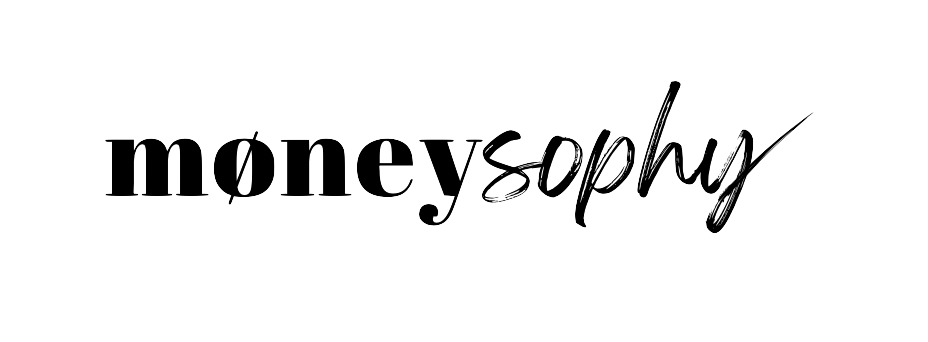The power of money beliefs
The reason I switched to coaching is because I've always been curious WHY WE DON'T DO WHAT WE PREACH.
We have these intentions and goals, but our actions don't align with them.
We want one thing, but we do another.
Have you caught yourself saying:
- "I want to exercise three times a week," but you never actually put on your workout clothes.
- "I want to eat healthy," but you end up ordering delivery almost every other night.
- "I want to cut back on drinking," but you can't resist having a nightcap with your friends.
- "I want to save more money," but you have no idea how much you're spending.
WHY?
One word: belief.
In the coaching world, we coined this term to explain how beliefs subconsciously dictate our daily behaviours and habits.
The same applies to money.
Knowing what money beliefs you hold are powerful because you can better understand your actions today.
Let's deep dive into how money beliefs are formed and how to identify the limiting ones.
I consistently find it challenging to plan hiking every weekend, but once I actually go on a hike, I can't help but wonder why it was so challenging to begin with.
Do you feel the same?
Today's agenda
- The origins
- How to identify money beliefs
- Common money beliefs
The origins
Money beliefs are formed through various factors and experiences, including our upbringing, personal experiences, cultural influences and societal messages.
As you grow up, your experiences related to money (e.g. witnessing your parents argue about finances, feeling financially insecure at school, facing criticism for your looks, or being punished for damaging something, etc.) all contribute to shaping your emotions.
These emotions can be positive or negative, and you give them labels and form thoughts around them.
That process leads to the creation of your money beliefs.
These beliefs then influence your future actions and decisions regarding money. If you find that your actions yield desirable results, it reinforces those money beliefs.
Over time, these beliefs become deeply rooted financial habits in your routine and mindset, and therefore are very challenging to break free from.
The power of money beliefs
How to identify money beliefs
Here, I'm sharing two methods to identify your money beliefs. Some of them are quite easy to start with.
One way is to ask yourself what thoughts come to mind when you think about money. Pay attention to any statements using words like "never," "always," "can't," or "all." For example, "I can't save," "money will never be enough," or "I don't have time". These indicate underlying beliefs about money.
The hidden money beliefs are a bit more tricky to identify.
The best way to uncover these hidden beliefs is by engaging in a writing exercise called a "money biography."
You can try the following:
- Set aside an hour and take a deep breath
- Mentally transport yourself back to your earliest money-related memory (typically around the age of 5)
- Start writing down all your money-related experiences and memories year by year up until now
The purpose of this exercise is to connect the dots between your childhood memories about money and your present-day financial actions (or lack thereof).
It provides valuable insights into how your childhood experiences have shaped your beliefs and behaviours around money. It helps you understand why certain patterns exist in your financial life today.
With this awareness, you can begin challenging and reshaping limiting beliefs and develop healthier financial habits.
Common money beliefs
Here are some common beliefs or self-agreements I hear from my clients:
- Paying interest is like paying any other fee.
- Everyone has debt, so it's ok to have it.
- Investing is only for rich people
- There will never be enough money
- I deserve to spend money
- It's not nice to talk about money
- Money buys freedom
- More money will make me happier
- I will never be like mom or dad
- My partner should take care of the money
Money beliefs are so powerful as they directly impact your life choices.
They can influence your choices of education (select a major that offers financial security or one with fewer employment opportunities), your choices of romantic partner (pick someone financially well-off or can provide financial stability), your choices of living (consider factors like affordability or social status)...
While financial education can be valuable, it's important to acknowledge that it may not solve ALL financial problems. Change is possible.
Learning new habits and reshaping your money beliefs will be more efficient if you want to achieve sustainable financial well-being.
By acknowledging and examining your money beliefs, you can begin to develop healthier financial habits that align with your goals and values. With determination, you can create new patterns and improve your financial situation.
Build your financial confidence, and no limiting money beliefs will stand in your way!
Sophie



